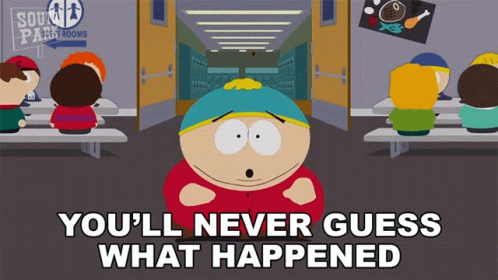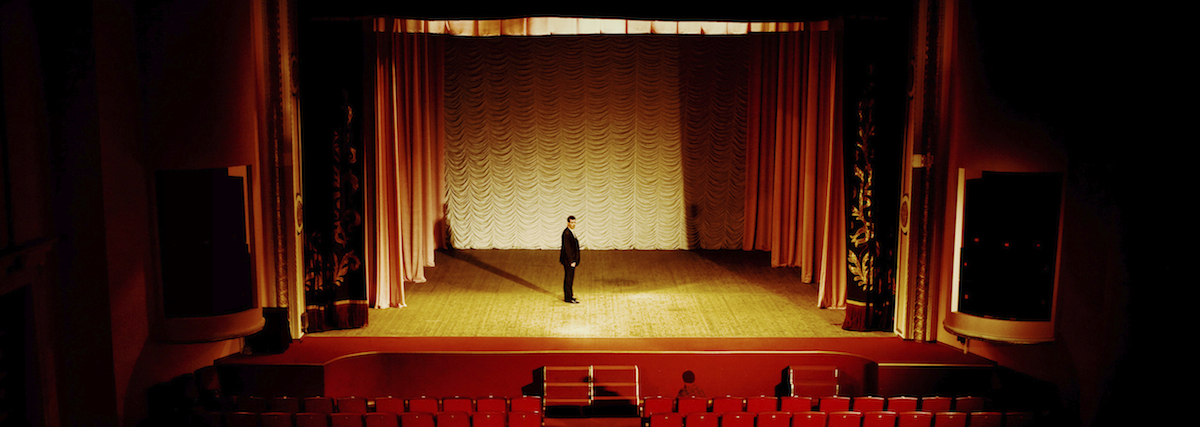Low battery
Battery level is below 20%. Connect charger soon.
I risk confusing the jadarnel with this aside, but a funny observation has been made that you actually attract more fruit flies with vinegar than honey, because the acetic acid in vinegar makes them think they sense fruit. The old saying “step on a crack, break your mother’s back” may not apply to sidewalks for much longer now that mit researchers have figured out why concrete breaks d. “if you want to go fast, go alone, if you want to go far, go together” most sources say that this is a translation of an african prov. · i added x to both examples in your question title because, by itself, i hope youll do has a particular idiomatic meaning (i hope that you will be satisfactory) that i hope you do does not. · i am attempting to find the origin or source of this proverb: · i came across this piece: · youll is not pronounced anywhere close to you all and it already means you will, so its dead on arrival. Of course, the point stands that you can get what you want done better with sweetness/kindness rather than with a caustic attitude. · your question is about the meaning of the idiom, so ill make this a comment rather than an answer, but to explain the odd verb tense: · which sentence is more correct? The context in which i heard it makes it seem self-evident, but i may be wrong. Or look closely, and youll never have guessed it was fake. Is there any difference in the meaning when we use ll or will? Ill go to university tomorrow. · what does the sentence mean and in what kinds of situations is it used? Some postings say it means you can find my sympathy between shit and syphilis. but so what? That construction means something like, i assume that i ask you if youve had your tea, it will turn out that you have. the future-ness comes from that implied finding out. For example, i will go to university tomorrow. Somebody was talking to What does it mean when someone says would you please indulge me for a couple of minutes?? Look closely, and youd never have guessed it was fake. So that verb tense is itself a bit of an idiom, turning the statement …




